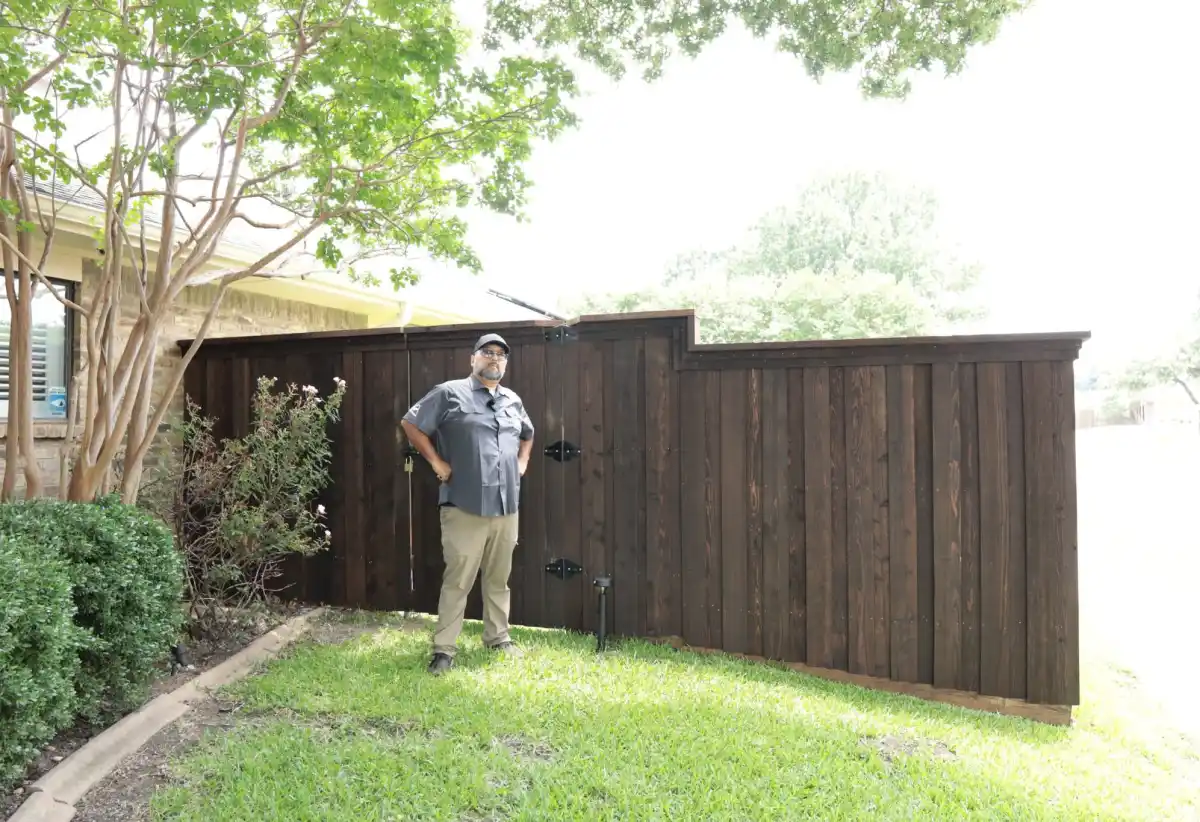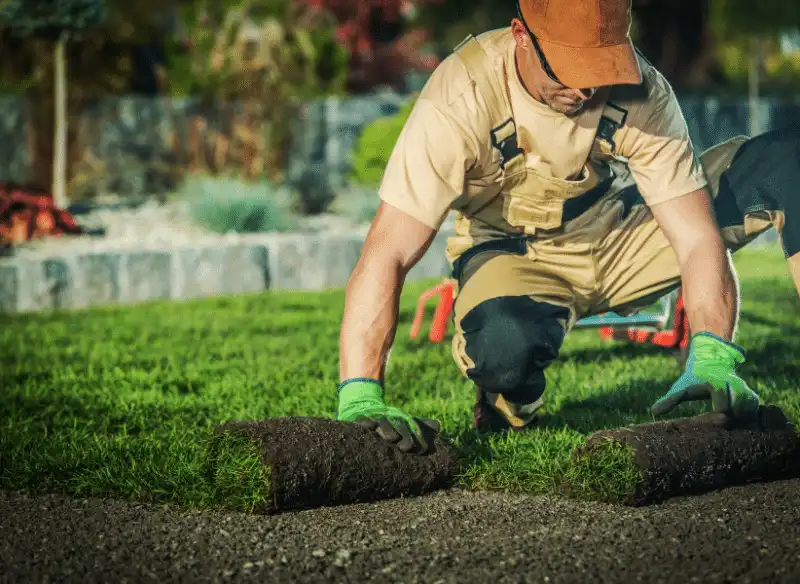In the Dallas-Fort Worth (DFW) area, fence permit requirements can vary depending on your location, but there are a few general rules to keep in mind. Typically, you’ll only need a permit if you’re installing a fence above 6 feet tall or if you’re changing the fence line.
However, some cities in DFW require a permit regardless of the circumstances, even for fences under 6 feet. And, of course, if you live in an area with a Homeowner’s Association (HOA), they almost always require you to obtain a permit, even for minor fence installations.
Why Consider Getting a Permit, Even When It's Not Required?
Even though a permit might not always be legally required, it’s often a good idea to get one anyway. Why?
A permit ensures that your fence complies with local zoning laws, safety regulations, and property line requirements, which can prevent issues down the road.
For example, if your fence inadvertently violates local ordinances or your neighbor’s property line, you could face fines or be required to modify or remove the fence altogether. City fees for a permit are typically $50 to $150, which is a small investment for peace of mind.
When Should You Definitely Pull a Permit for your Fence?
In some situations, getting a permit is not just a recommendation—it’s necessary. Here are some common scenarios where you should definitely pull a permit:
- You have an HOA: HOAs often have strict rules about fence styles, materials, and placement. They usually require you to submit plans for approval before installation begins.
- The fence is taller than 6 feet: Any fence over 6 feet is subject to more scrutiny due to safety and aesthetic concerns.
- You are changing the fence line: Moving the fence closer to a sidewalk, street, or neighbor’s property line can require approval to ensure it doesn’t violate local zoning laws.
- The fence is uncommon in your neighborhood: If you’re installing something unusual (e.g., a non-standard material or style), a permit may be required to confirm it meets neighborhood standards.
- You live on a corner lot: Fences on corner lots can obstruct visibility for drivers, which raises safety concerns. Cities often have stricter regulations for corner lot fences.
- You’re installing a fence in your front yard: Front yard fences usually have stricter height and visibility regulations, and permits are often required.
- You’re installing a large or motorized gate: Anything involving a large gate or an automatic system typically requires a permit, especially if it’s motorized or includes additional features like lighting or intercoms.
- You are running electrical for your motorized gate: Running electrical to a gate for automation introduces safety concerns, and you’ll likely need to meet electrical codes, making a permit necessary.
How Do You Obtain a Permit?
If you’re ready to move forward with your fence installation and you need a permit, the process is fairly straightforward, especially if you hire a professional fence company to handle it for you. Here’s what’s involved:
- Site Survey or Plat Plan: The first step is obtaining your site survey or plat plan. You should have received this document when you purchased your home. It shows the exact boundaries of your property, which helps ensure the fence is properly placed without encroaching on neighboring lots.
- Submitting the Design to the City: Once you have your site survey, your fence contractor will submit the fence design to the city for approval. This design will include details like the fence height, material, and location on your property.
- Paying City Fees: You’ll need to pay the permit fee, which varies by city but typically ranges from $50 to $150.
- City Review and Possible Changes: The city will review the design to make sure it complies with local zoning, safety, and aesthetic regulations. If the city finds any issues with the design, they might request adjustments before approving the permit.
- Installation and Inspection: After installation, you’ll request an inspection from the city. The inspector will check that the fence has been installed according to the approved plans and complies with all relevant codes.
- Green Tag Approval: If the fence passes the inspection, you’ll receive a green tag, meaning the project is officially approved. If there are issues, you’ll be required to make modifications before the city signs off.
Why Hiring a Professional Matters
If the permit process seems overwhelming, don’t worry. Most reputable fence companies will handle the entire process for you, from designing the fence and submitting paperwork to scheduling inspections. As a professional fence contractor, we’ve navigated the permit process in countless DFW cities and can ensure that your project complies with all regulations, saving you time and hassle.
The last thing you want is to have a newly installed fence that doesn’t meet city or HOA requirements and be forced to make costly changes after the fact. A professional team knows the local rules inside and out, so you can avoid potential fines, delays, or even the need to take down your fence and start over.
Final Thoughts
Even though permits aren’t always required for a fence installation in DFW, it’s usually a smart idea to get one, especially if you live in an HOA or are planning a more complex project. The small upfront cost of a permit is well worth the peace of mind knowing your fence is up to code and won’t cause any future issues. And if you hire an experienced professional, they’ll take care of the entire process for you, so you can enjoy your new fence without worrying about the paperwork.
If you’re considering a fence installation and have questions about permits, feel free to reach out. We’re here to guide you through every step of the process.




